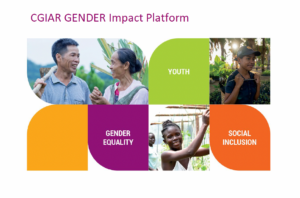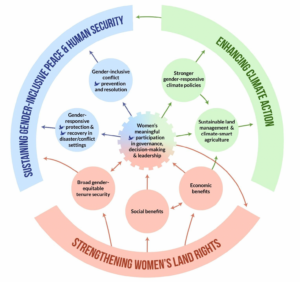Throughout the Post-2015 process, many governments have successfully championed gender equality within the Sustainable Development Goals (SDGs). It is now vital that sufficient funding is secured and that, crucially, this is of high quality and raised in a way that promotes gender equality and women’s rights. The Third International Conference on Financing for Development (FfD3) provides a timely opportunity. However, although there has been significant visibility of gender equality issues within the FfD3 process, there has been limited recognition that different sources of financing have differing impacts on gender equality or that gender biases within the economy continue to reinforce discrimination against women and girls.
In the briefing, the benefits and pitfalls of financing from three sources are explored. Domestic revenue through taxation is the most reliable way to raise sufficient revenue for gender equality, but the way it is raised is itself not gender neutral. The negative impact of austerity measures on women and girls is also noted. For the poorest countries, official development assistance remains an important source of financing – and needs to be not only sufficient but also appropriate, high quality and well targeted, with its impact adequately measured. Private financing is increasingly seen as a key source of finance, but is not necessarily the best way to increase the provision of infrastructure and public services for people living in poverty, moreover the negative impact of unregulated foreign direct investment can substantially offset the benefits of increased resources – exposing the urgent need for regulation. Also explored in the briefing is the importance of women’s rights organisations that are a vital catalyst for realising gender equality and women’s rights and must receive adequate, appropriate funding from both official and private sources if the SDGs, and existing commitments, are to be achieved.
In the final section of the briefing, we call upon governments to continue to champion gender equality and women’s rights throughout the FfD process. Specific recommendations are made on the need for strong commitments on sufficient and appropriately high quality funding, and on recognition of the need to address prevailing gender discrimination in the economy.




